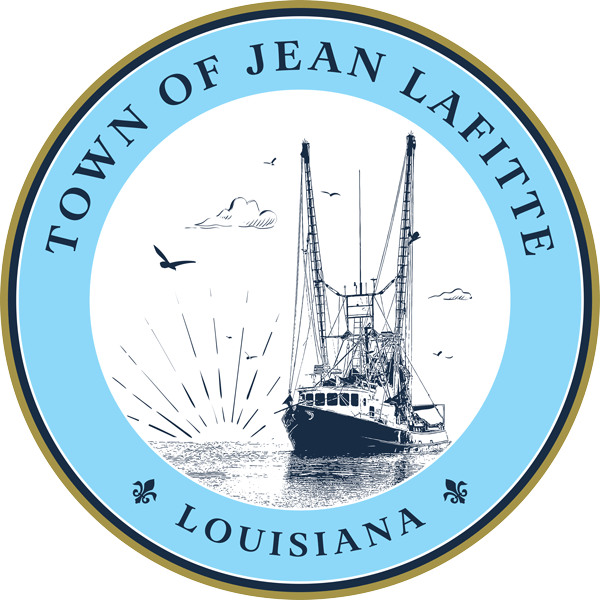About Us
The Barataria region was originally home to Native Americans, whose shell middens and ceremonial mounds are still found along the bayous. Shortly after the founding of New Orleans in 1718, the French explored the area and established Barataria Bay as a harbor for large vessels on the Gulf Coast.
By the 1730s, early colonists used the area’s virgin forests of cypress and oak trees for ship construction. Canals were dug between the Mississippi River and bayous to transport lumber, and logging persisted until the last sawmill closed in 1929. Meanwhile, plantation owners cultivated the land for sugar and rice production, and the area was an important supplier of fish, game and furs.
The name “Barataria” first appeared on French maps in 1729 and means dishonesty at sea. In 1808, brothers Jean and Pierre Lafitte organized a group of smugglers and privateers and set up headquarters in the barrier island of Grand Terre. They were known to use Indian shell middens for storehouses and sold merchandise to merchants and plantation owners. During the War of 1812, the brothers joined Andrew Jackson to defend the City of New Orleans and were given pardons for their service.
The bayou communities grew in the late 19th and early 20th centuries as residents harvested shrimp, crabs, oysters and fish from the estuaries. Forests were logged, moss was harvested for filling mattresses and furniture, and mink, muskrats and alligators were trapped for skin and fur. The diverse cultures of the early French and Spanish settlers were later joined by Croatians, who were followed by Filipino and Chinese.
Today, several thousand people live along Bayou Barataria in the communities of Jean Lafitte, Lafitte, Crown Point and Barataria. Many of them are the descendants of the original French, Spanish and Filipino inhabitants. The area is know for producing seafood, oil and gas and a thriving bayou culture. It is also home to one of the most productive estuaries in the country…a beautiful place, consisting of marsh and swamp that attacts people from all over the world.
